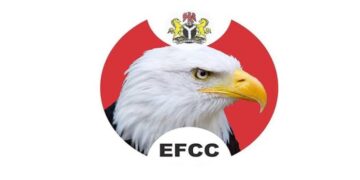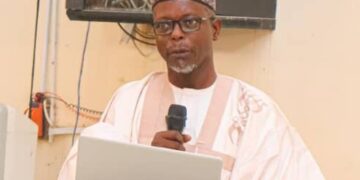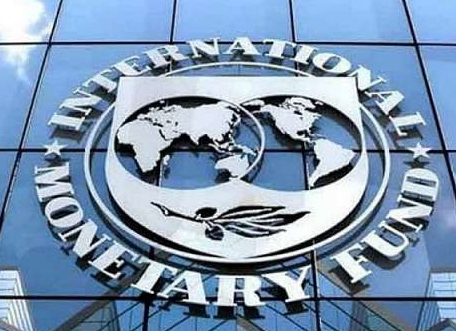The International Monetary Fund (IMF) yesterday officially reacted to news making the rounds about Nigeria’s indebtedness to the multilateral institution and confirmed that the West African country has fully repaid the $3.4 billion emergency loan it received in April 2020 under the Rapid Financing Instrument (RFI) extended to cushion the impact of the COVID-19 pandemic and a sharp drop in oil prices.
However, the Fund, in a statement by its Resident Representative in Nigeria, Dr. Christian Ebeke, pointed out that Nigeria was expected to honor some additional payments in the form of Special Drawing Rights (SDR) charges of about US$30 million annually.
Ebeke explained: “As of April 30, 2025, Nigeria has fully repaid the financial support of about US$3.4 billion it requested and received in April 2020 from the IMF under the Rapid Financing Instrument to help alleviate the impact of the COVID-19 pandemic and the sharp fall in oil prices.
“Nigeria is expected to honor some additional payments in the form of Special Drawing Rights charges of about US$30 million annually. In line with the IMF’s Articles of Agreements, these charges, levied at the SDR interest rate, which is updated at the beginning of each week, apply to the difference between Nigeria’s SDR holdings (SDR 3,164 million) (US$4.3 billion) and its cumulative SDR allocation (SDR 4,027 million) (US$5.5 billion).
“The net payment of the charges stops when Nigeria’s SDR holdings reach the cumulative allocation amount.”
An SDR an international reserve asset created by the IMF to supplement the official reserves of its member countries, to US dollars.
The IMF had removed Nigeria from its list of debtor-countries, according to a report titled: ‘Total IMF Credit Outstanding – Movement from May 01, 2025 to May 06, 2025,” obtained on the multilateral institution’s website on Wednesday. On the list, Nigeria was not among the IMF debtors. The list had a total of 91 developing and least developed countries owing the Fund a total of $117,797,656,224 as at 6th of May 2025.
Total IMF credit outstanding refers to the total amount of unpaid and outstanding principal due to the Fund from its member countries. This includes both outstanding loans under current arrangements and those that have expired.
The IMF recently commended Nigeria’s ongoing economic reforms, describing them as bold measures that have helped stabilise the economy and laid the groundwork for future growth.
The IMF in its 2025 Article IV Consultation Mission to Nigeria, last month by a team led by Axel Schimmelpfennig stated: “The Nigerian authorities have taken important steps to stabilise the economy, enhance resilience, and support growth. These reforms have put Nigeria in a better position to navigate the external environment.
“The macroeconomic outlook is marked by significant uncertainty. Elevated global risk sentiment and lower oil prices impact the Nigerian economy.
“Macroeconomic policies need to further strengthen buffers and resilience, reduce inflation, and support private sector-led growth.”
Schimmelpfennig in the statement had noted that the cessation of deficit financing by the CBN, the removal of costly fuel subsidies, and improvements in the foreign exchange market were major policy shifts that signaled a commitment to reform.
He stated: “The Nigerian authorities have taken important steps to stabilise the economy, enhance resilience, and support growth. The financing of the fiscal deficit by the central bank has ceased, costly fuel subsidies were removed, and the functioning of the foreign exchange market has improved.”









































Discussion about this post